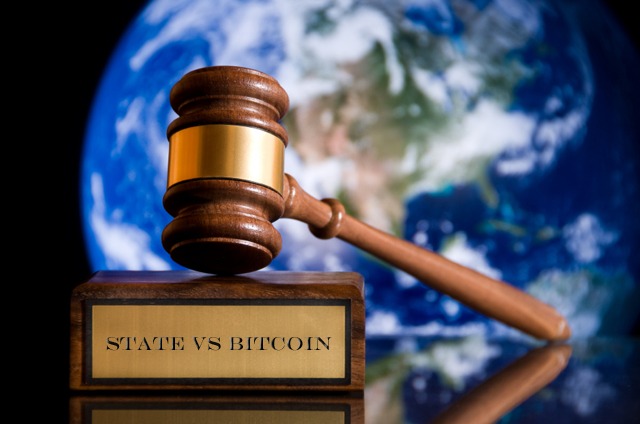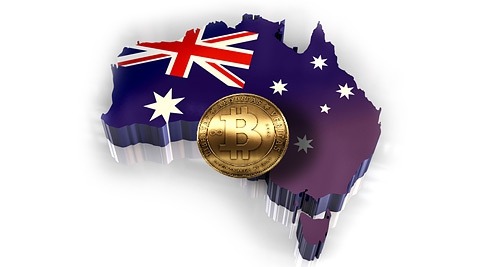Bitcoin regulation in 2017

Ever since bitcoin started to become popular, financial regulators have tried to restrict and even ban the cryptocurrency. With time, though, they started to consider bitcoin regulation instead of banning it, and this seems to be the sensible direction to go. It’s still not easy and the road to bitcoin regulation has faced many problems.
The problem in regulating bitcoin
The main problem in implementing bitcoin regulation is that it goes against the primary feature of such cryptocurrencies – anonymity. The structure of blockchain, which is bitcoin’s backbone, leaves the parties involved anonymous by only assigning a randomly generated address and key. It thus makes bitcoin regulation difficult because it’s not possible to know who is involved in a transaction.
Furthermore, there are other altcoins available, so it’s much harder to keep track of all other forms of cryptocurrency. Finally, the users of cryptocurrency are not willing to cooperate with regulators. This can be seen by the number of people reporting bitcoin in their tax returns in the US even though there are laws on taxing bitcoin in the US.
Countries currently considering bitcoin regulation
Despite these problems, some countries have embraced bitcoin and are seeking to set some kind of regulations.
Given that bitcoin is the most popular cryptocurrency, bitcoin regulation would be the most effective way of keeping cryptocurrency under control.

Bitcoin in India
Back in 2013, the Reserve Bank of India (RBI) warned the public against the use of virtual currencies. This was after the central bank noticed a rising interest in bitcoin, which it saw as risky because it was prone to theft and had no intrinsic or underlying value. The statement by RBI also indicated that the institution was going to investigate issues regarding virtual currency.
These statements were further compounded this year when the Minister of State for Finance said virtual currency was illegal. In a country with a very robust cryptocurrency industry, the minister’s words were enough to cause a stir. Then on the 12th of April, India’s government declared they had convened a committee to implement bitcoin regulation. Consisting of the central bank itself, several finance-related government institutions and commercial banks, the committee is expected to come up with a final report in 3 months.
It is a step in the direction of bitcoin regulation in India, even though some believe that the report might suggest some strict regulations based on the tone of the government’s statements.
Bitcoin in The United States
In 2015, the CFTC defined bitcoin as a commodity which would then be covered by the Commodity Exchange Act (CEA). It was a positive sign, but the fact that it wasn’t considered a security by the SEC showed there was still the reluctance to consider it as a currency.
Bitcoin in Australia

The Reserve Bank of Australia (RBA) is doing research on blockchain to find out the implications of such technologies. The same group working with the RBA is also involved with other G-20 nations looking at bitcoin regulation.


























Comments (1 comment(s))